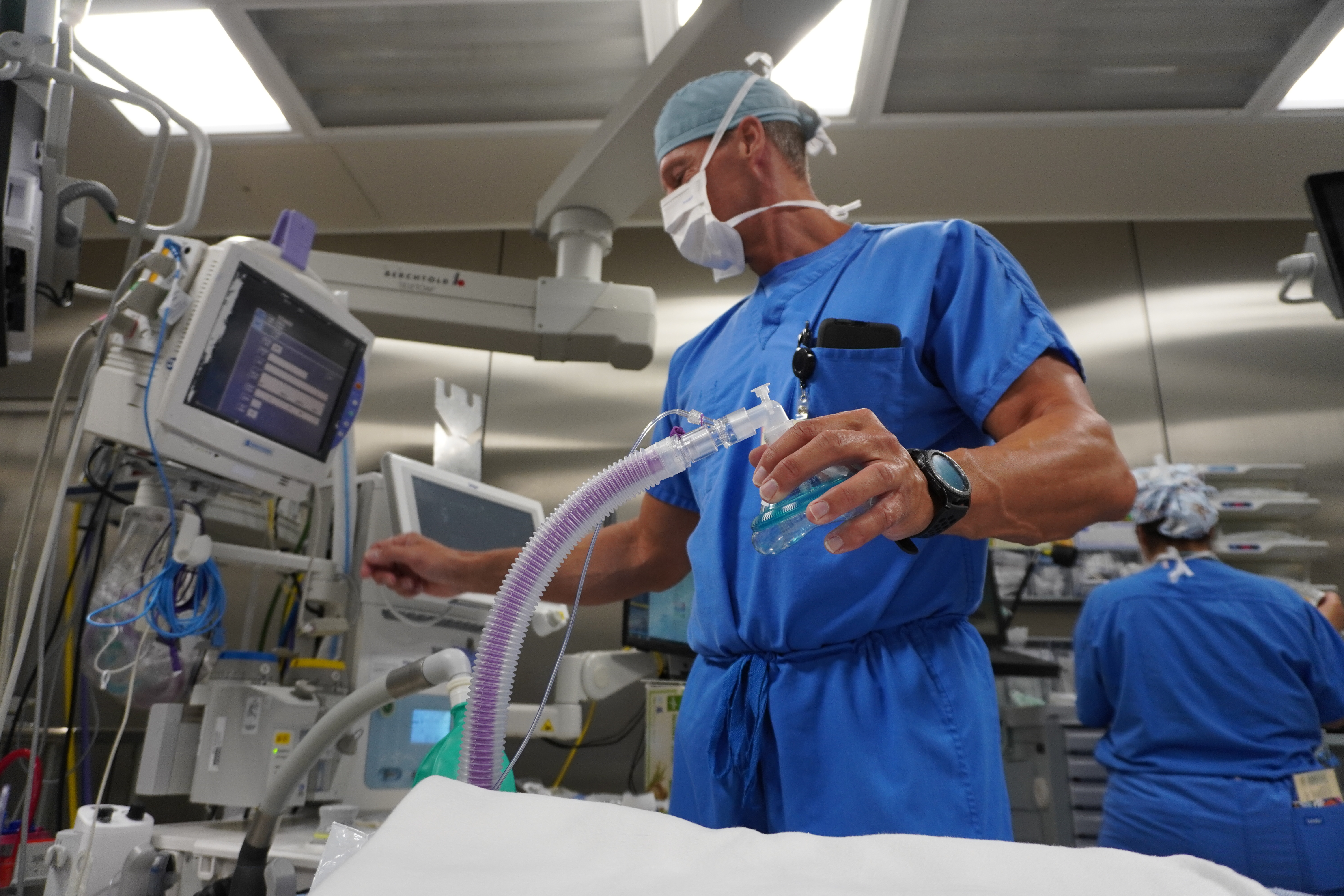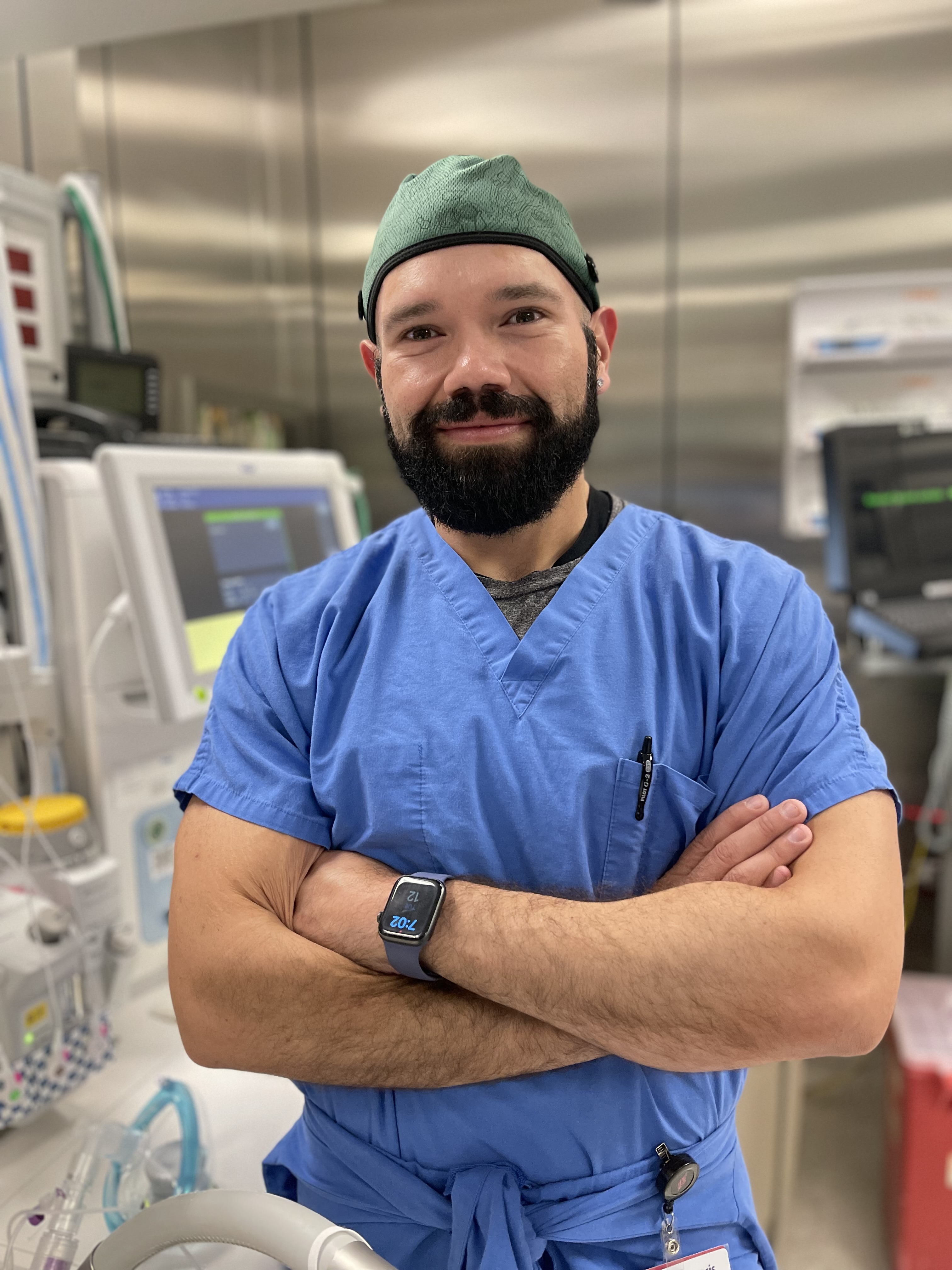General Anesthesia in Tulsa, OK
Here at Associated Anesthesiologists, we offer a full range of anesthesia options to prevent patients from feeling pain or discomfort during their surgery. When it comes to more major operations, general anesthesia is most often used because it provides deeper levels of pain relief and sedation, where the patient will be asleep during the procedure. If you are about to undergo a total knee replacement, cancer-related surgery, or heart surgery, then general anesthesia will be the anesthesia of choice.
How General Anesthesia Works
General anesthesia works similarly to other forms of anesthesia by blocking nerve signals from the body to the brain that register pain. As a result, the patient won’t feel any pain or discomfort during their procedure. The main difference between general anesthesia and other forms of anesthesia is that it will put you to sleep within minutes. Sometimes inhaled sedation is provided where the patients will inhale the anesthesia through a face mask. In some situations, a tube may be placed in the throat to administer oxygen. Throughout your procedure, our team of anesthesiologists will be monitoring and checking your vital signs and respiration, which will also tell us whether we need to adjust the level of anesthesia.
After General Anesthesia
Once your surgery is complete, we will stop anesthesia and send you into the recovery room to monitor your vitals until you wake up. We will also monitor your pain levels to manage any discomfort you may feel post-surgery. It’s normal to feel groggy or a bit disoriented as you wake up from anesthesia. The effects of the anesthesia can last for a few hours and can take up to 24 hours to wear off. Due to the nature of general anesthesia, a patient will need someone to drive them home and they should not return to work until they are feeling well enough.
When Is General Anesthesia Needed?
When surgery is minor or local, IV sedation is often the anesthesia of choice; however, when undergoing a more extensive surgical procedure, general anesthesia is necessary. If the surgery takes several hours, involves a major organ, or impacts a large region of the body these are also reasons that a patient will require general anesthesia.


